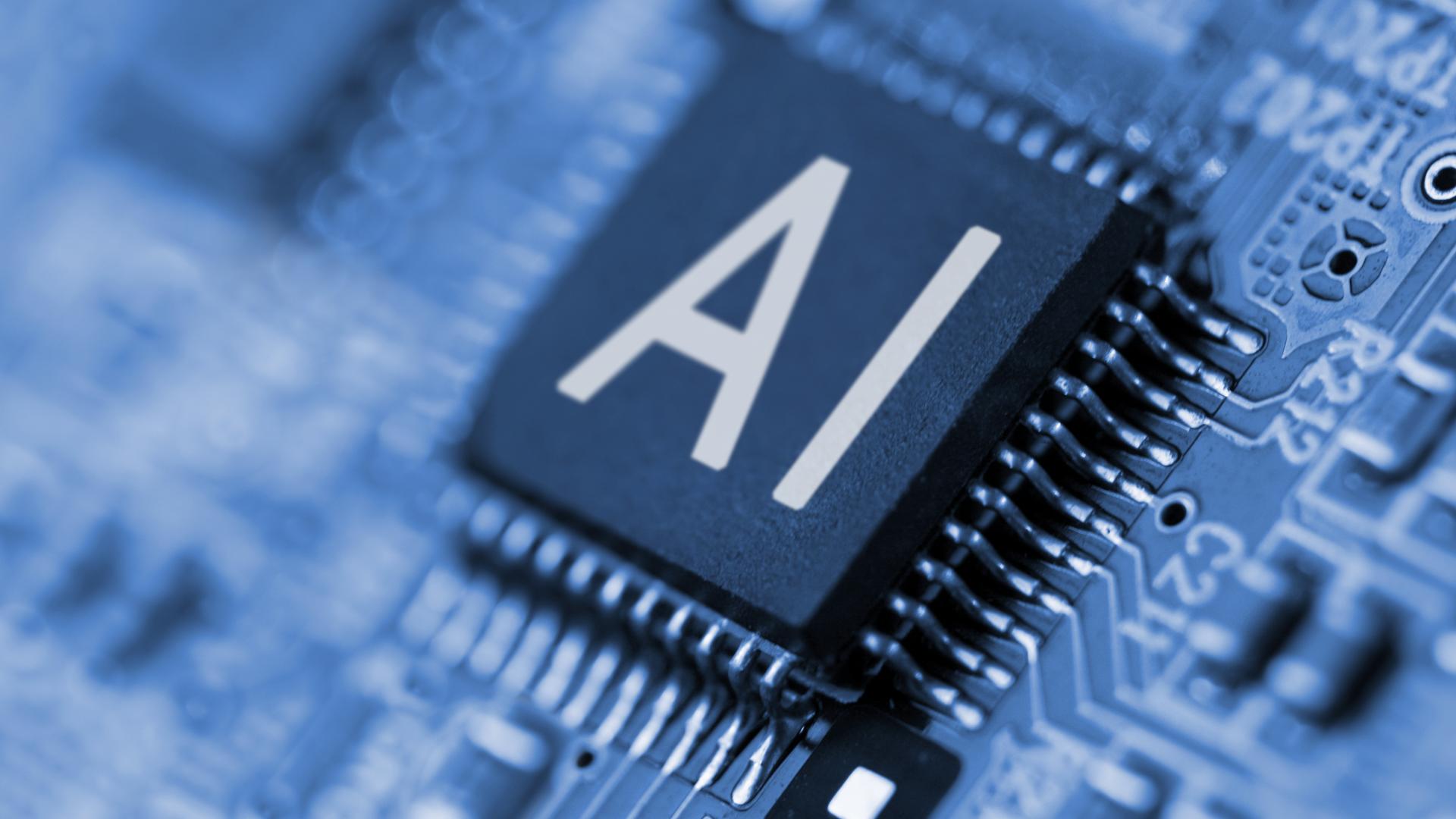The Rise of AI: Opportunities and Challenges
Artificial Intelligence (AI) is taking the world by storm, with world leaders discussing its importance at the UN General Assembly. But what exactly is AI? It’s technology that can ‘think’ like humans, solving problems and making decisions. And it’s not new, with research dating back to the 1950s. But today, AI is making waves with platforms like ChatGPT, which has more than 100 million users.
AI has already started impacting the Sustainable Development Goals (SDGs), from helping vulnerable groups in the Philippines to tackling air pollution in India. However, it also presents challenges. Many training datasets reflect the context of the Global North, and there are concerns about job losses and disinformation. One AI-generated image even wiped off $500 billion from the US stock market.
So, how can we harness the potential of AI while mitigating its downsides? The answer lies in prioritizing people. AI shouldn’t be just about tools and technology; it should be about the individuals and communities who will use AI-driven products and services. This means focusing on understanding AI, empowering people to use AI to improve their lives, and exploring and experimenting with AI in a safe way.
To understand AI, public awareness and education are crucial. Finland has launched a free online course, Elements of AI, to improve understanding across its population. Empowering people to use AI means making it relevant to their daily lives. Colombia’s National AI Strategy aims to empower citizens and drive economic prosperity, while Nigeria seeks guidance from its diaspora. India is training civil servants in exploring AI for policy and service delivery.
Exploring and experimenting with AI requires creating safe spaces and protecting personal data. Physical testbeds and regulatory sandboxes in higher-income countries are already leading the way. And to protect people from the negative impact of AI, ethical and responsible usage is key. Rwanda’s AI policy focuses on trustworthy adoption, while the African Union is working on model legislation.
In this global journey, collaboration and understanding context are crucial. No country has all the answers, and building capacities and competencies is essential. And as AI becomes more prevalent, countries and communities must leverage their comparative advantage to make AI work for them.
At UNDP, we aim to shape the future of AI for the better. But we can’t do it alone. What do you think about the opportunities and challenges of AI? How can we ensure AI benefits everyone? Comment below and join the conversation. Together, we can make AI a force for good.
IntelliPrompt curated this article: Read the full story at the original source by clicking here a fun game: sprunki horror

